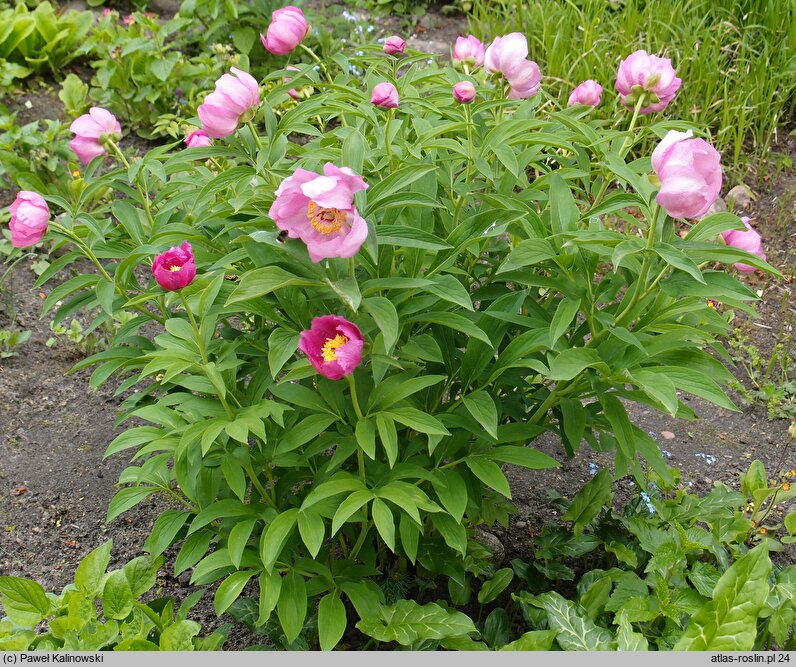
Paeonia officinalis ssp. banatica (piwonia banacka)
Paeonia officinalis is the typical species of the genus Paeonia, but its circumscription was not clear and it was confused both with P. peregrina (de Candolle, 1818, 1824; Baker, 1884; Lynch, 1890; Huth, 1891), until the work of Stapf (1918), and with P. mascula (e.g. Fiori, 1898).
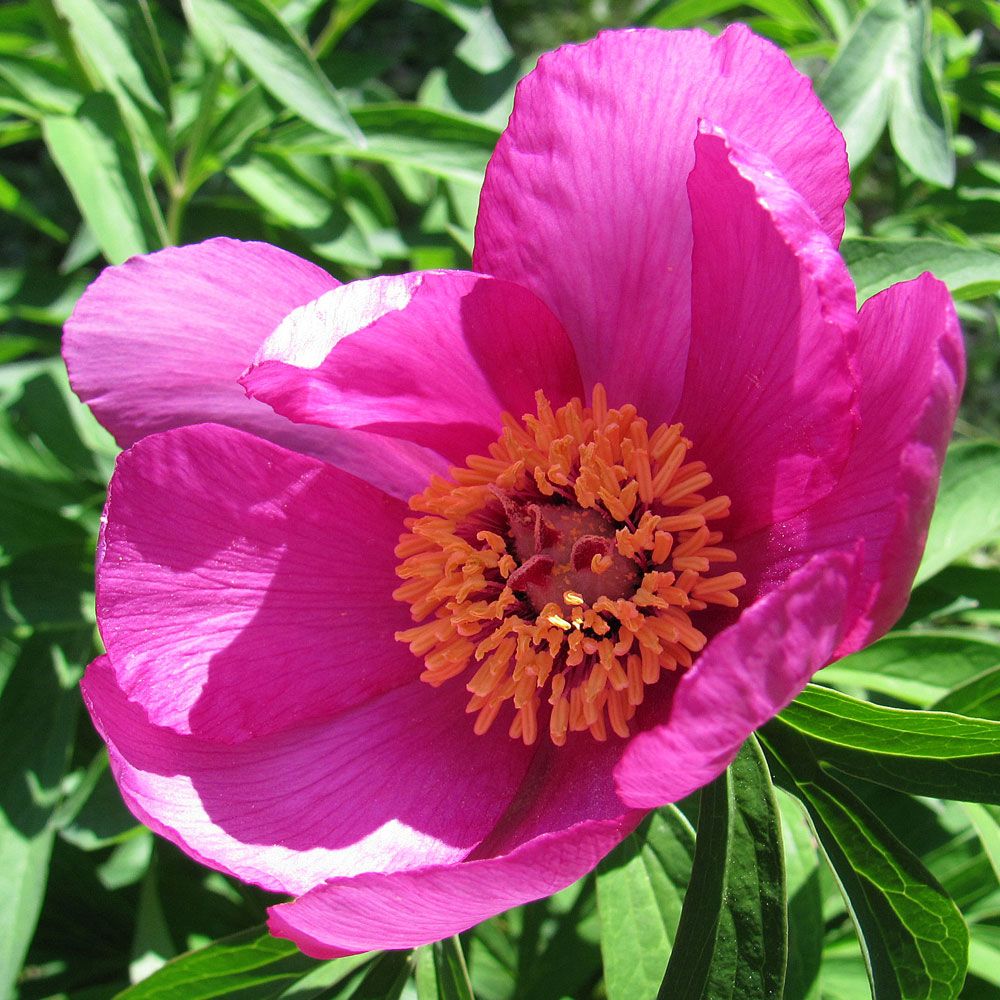
Banatpion Perenn Paeonia officinalis ssp. banatica Snabb leverans Impecta
Paeonia officinalis, the common peony, [1] or garden peony, [2] is a species of flowering plant in the family Paeoniaceae, native to mainly mountainous areas of Southern Europe and introduced in Central and Western Europe and North America. [3] Paeonia officinalis was first used for medicinal purposes, then grown as an ornamental.

Bánáti bazsarózsa Paeonia officinalis subsp. banatica Bazsarózsa, Ültetés
Paeonia officinalis is divided into five subspecies: banatica, huthii, italica, microcarpa, and officinalis. There are four types of peonies that are generally grown in gardens; the woodland peony ( Paeonia japonica ), the woody tree peony ( Paeonia suffruticosa ), the garden or herbaceous peony ( Paeonia officinalis hybrids), and the.
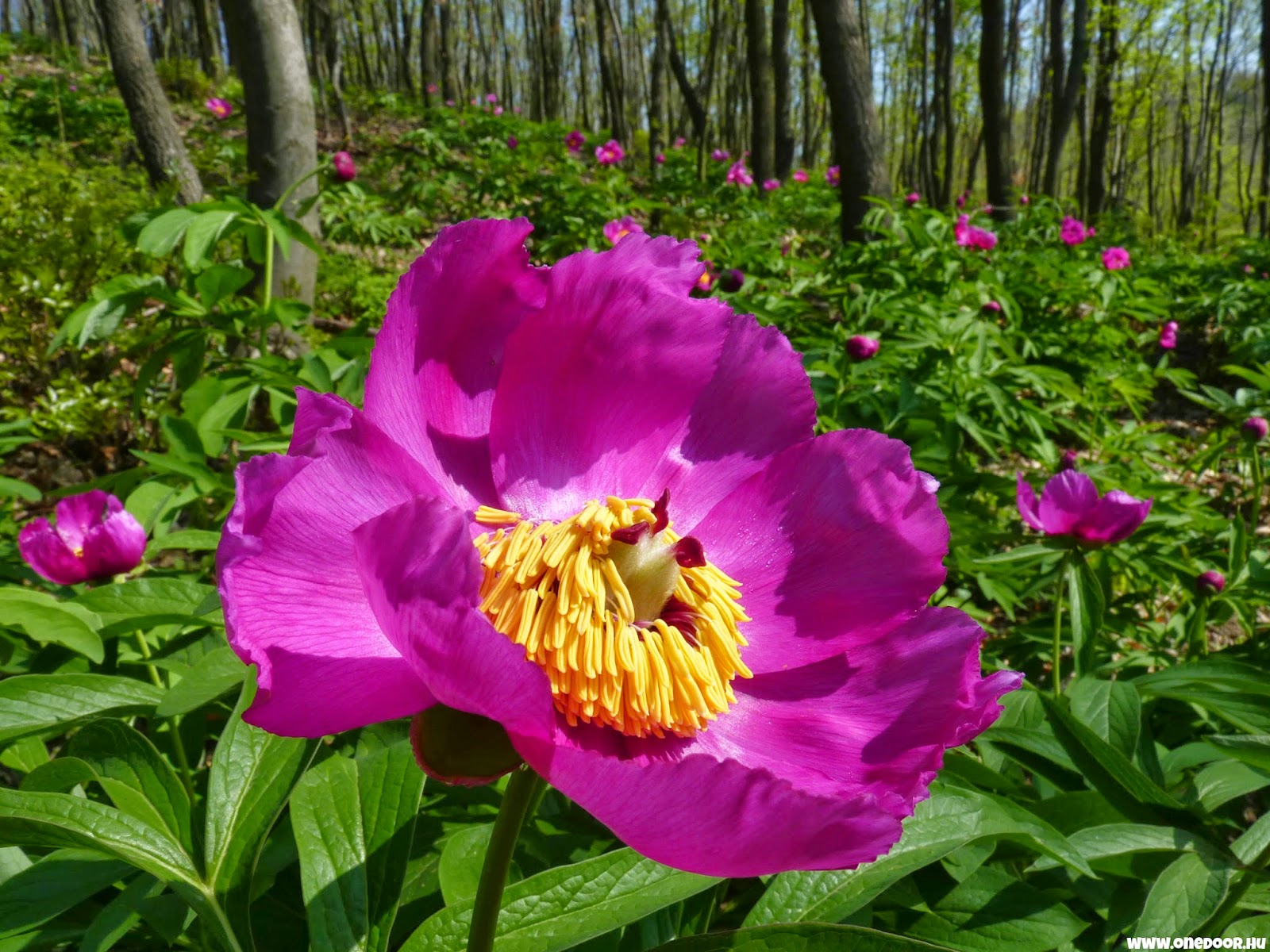
Mecsek és környékének vadvirágai Bánáti bazsarózsa Paeonia officinalis subsp. banatica
Ecology 5-6. Kalkreiche Berghänge, Trockenwiesen, lichter Wald, kollin-subalpin. Südliches TI (Generoso). Provided by: [ A ]. Flora Helvetica - Illustrierte Flora der Schweiz Source: [ 2 ]. Included Subspecies Paeonia officinalis subsp. banatica (Rochel) Soó Paeonia officinalis subsp. huthii Soldano Paeonia officinalis subsp. italica N.G.Passal.
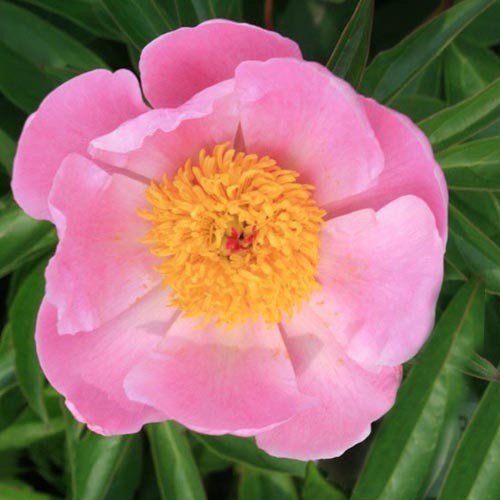
Paeonia Officinalis Banatica Seeds (4 seeds) (Romanian peony) Plant World Seeds
1 Anton Rochel (1770-1847) 2 IPNI record: 711743-1 3 The Plant List v1.1 record kew-2560916 4 The Plant List version 1.0, record: kew-2560916 Information From Paeoniaceae https://powo.science.kew.org/ World Flora Online Data. 2022. A CC0 1.0 Universal (CC0 1.0).
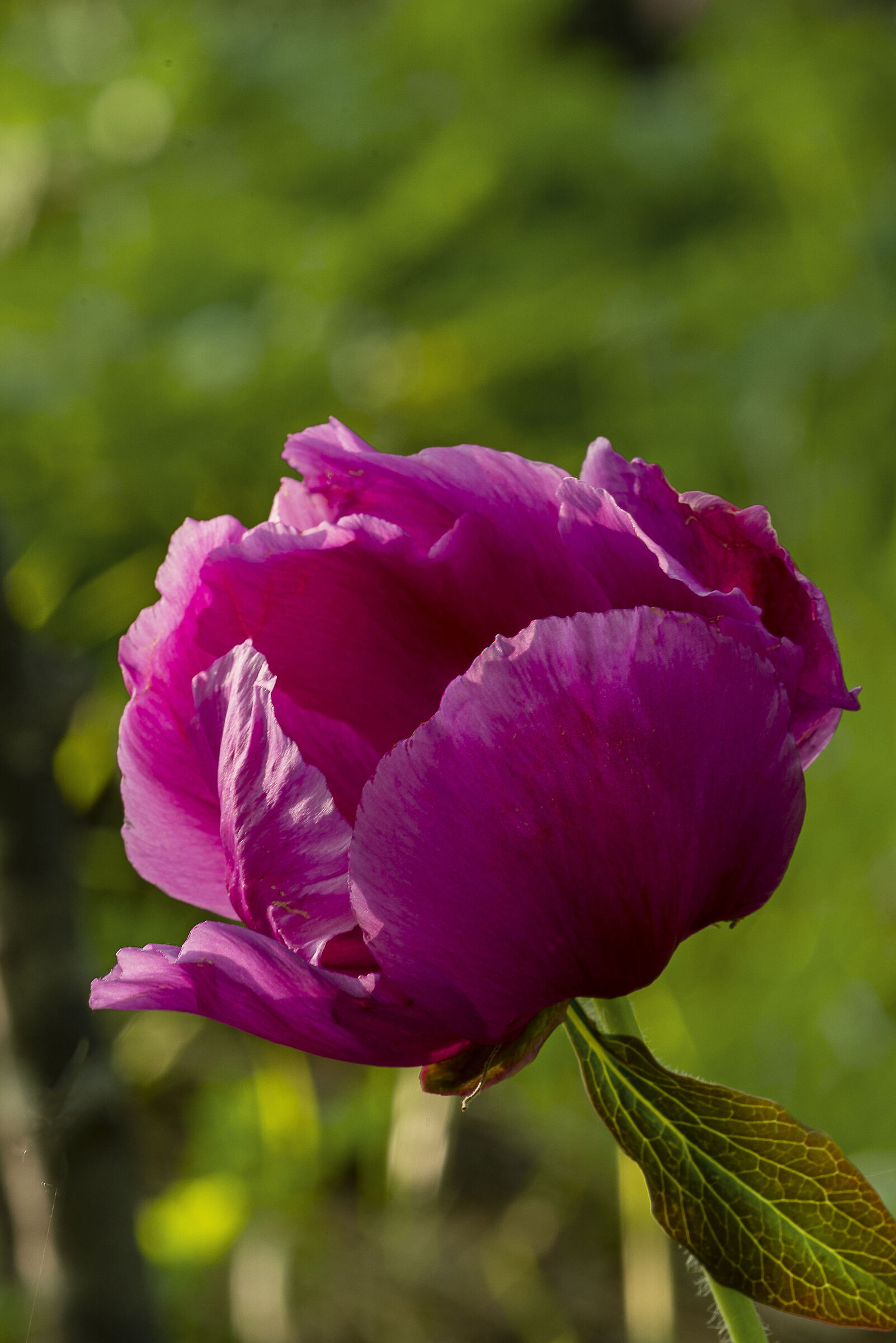
Peonia selvatica (Paeonia officinalis ssp. banatica) JuzaPhoto
PAEONIA OFFICINALIS subsp.BANATICA Large single deep pink flowers (Apr)May-Jun, broad divided green foliage, 75cm. Hungary, Croatia and Romania. Genus: PAEONIA Variety: OFFICINALIS subsp.BANATICA Cultivar: Plant family: Paeoniaceae Hardiness zone: H7 (below -20C) Height: ______ Other data Foilage colour Foliage season

Paeonia officinalis ssp banatica cf PK1572 Read the whole … Flickr
Paeonia officinalis ssp. banatica Species of community interest listed in the Habitat Directive 92/43 EEC under annex II and under annex IV Help Glossary European species listed under Article. Paeonia officinalis ssp.. Synonyms: Source: European species listed under Article 17 of the Habitat Directive Context: Comment
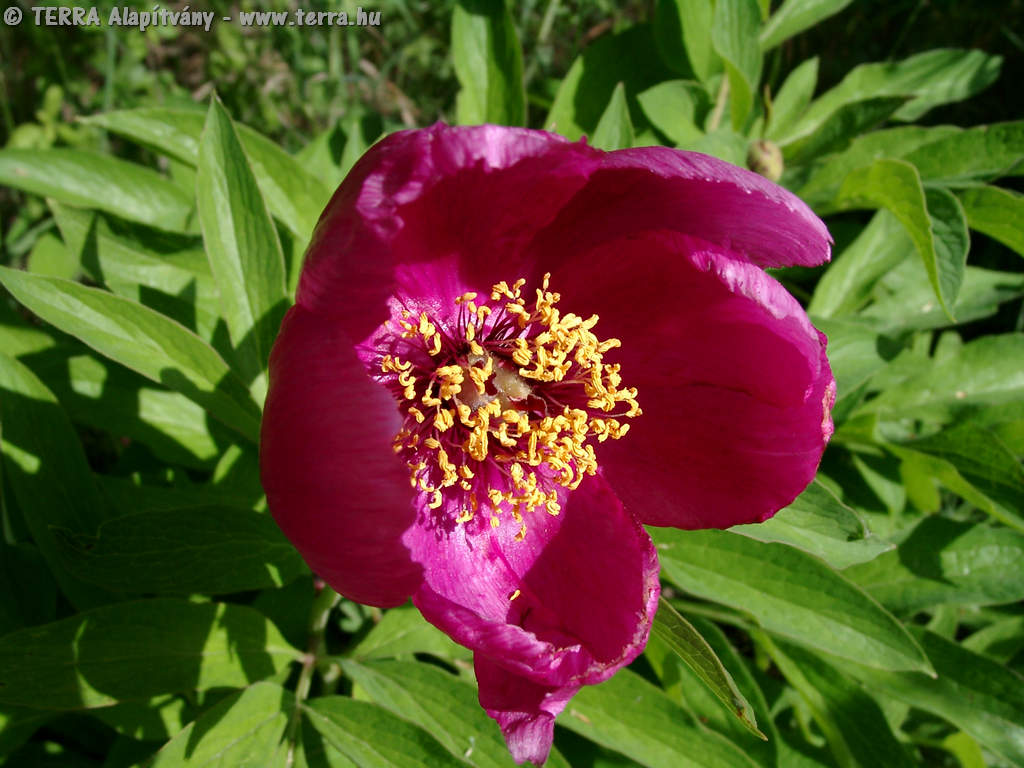
TERRA Alapítvány Paeonia officinalis L. Bánáti bazsarózsa
Paeonia arietina, P. parnassica, P. officinalis and P. banatica are similar to each other in morphology. They share a number of characters: roots tuberous , leaflets mostly segmented , stems, petioles , lower leaf surfaces and sepals nearly always hairy, and chromosome number 2n = 20 (tetraploid).
-organic.jpg)
Common peony (Paeonia officinalis ssp. banatica) organic The GoodToKnow Seeds AZ Seed
Paeonia officinalis subsp. banatica. Plant - HPS Number P07917. Paeoniaceae / Paeonia / Paeonia officinalis subsp. banatica. Back. Shortcuts. Plant. Information about each plant or seed is shown on this page. Plants in the same Genus or Family are also shown below, enabling you to explore similar plants.

Paeonia officinalis ssp banatica Ewa's Blomsterparadis
Bibliography Cite taxon page as 'WFO (2023): Paeonia officinalis subsp. banatica (Rochel) Soó. Published on the Internet; http://www.worldfloraonline.org/taxon/wfo-0000735379 . Accessed on: 13 Dec 2023' Synonyms Paeonia banatica Rochel Paeonia feminea var. banatica (Rochel) Gürke Paeonia peregrina var. banatica (Rochel) Huth Provided by:
Paeonia officinalis subsp. banatica [Peonia medicinale del Banato] Flora Italiana
Paeonia officinalis subsp. banatica in Kew Science Plants of the World Online. The Board of Trustees of the Royal Botanic Gardens, Kew. Published online. Accessed: 2020 Dec 12.
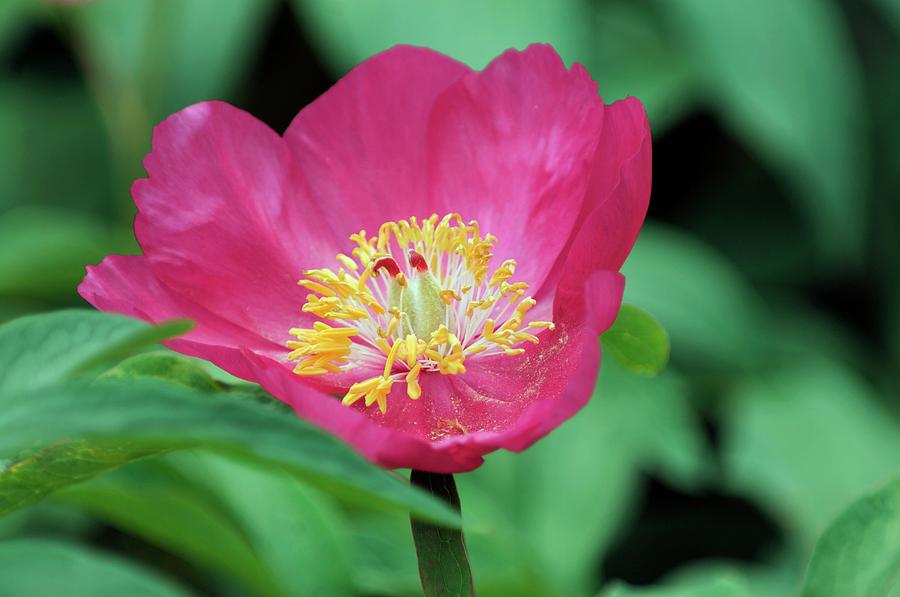
Paeonia Officinalis Ssp. Banatica Photograph by Sam K Tran/science Photo Library Fine Art America
The taxon currently named P. officinalis subsp. banatica has been treated as a subspecies of P. officinalis by most authors. Recent genetic studies revealed that this taxon is an ancient allotetraploid hybrid carrying the genes of P. mairei and the ancestor of P. officinalis. Based on its current polyphyletic status, degree of genetic and morphological divergence, its geographical distribution.

Flower of Garden Peony (Paeonia officinalis subsp. banatica Stock Photo Alamy
Requirements Bloomtime Range: Late Spring to Mid Summer USDA Hardiness Zone: 4 to 8 AHS Heat Zone: Not defined for this plant Light Range: Dappled to Full Sun pH Range: 5.5 to 7.5 Soil Range: Sandy Loam to Clay Loam Water Range: Normal to Moist Plant Care Fertilizing How-to : Fertilization for Annuals and Perennials
Hagtorpet Paeonia officinalis ssp banatica bergspion
Paeonia officinalis subvar. banatica (Rochel) Hayek in Feddes Repert. Spec. Nov. Regni Veg. Beih. 30(1): 298 (1927) Paeonia peregrina var. banatica (Rochel) Huth in Bot. Jahrb. Syst. 14: 270 (1891) Publications Sort. Alphabetically; Newest first; Oldest first; POWO follows these authorities in accepting this name:
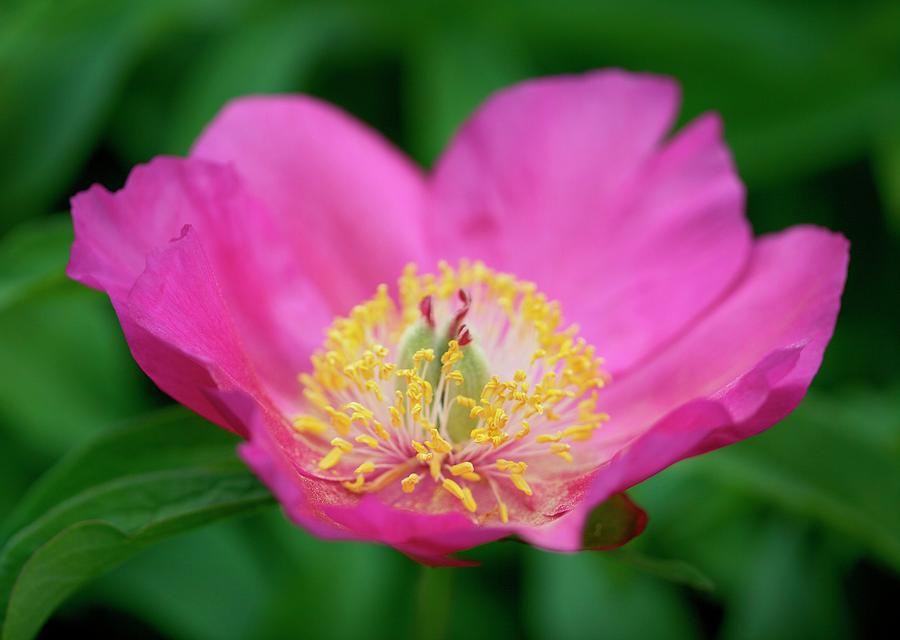
Paeonia Officinalis Ssp.banatica Photograph by Sam K Tran/science Photo Library Fine Art America
Paeonia officinalis ssp banatica: European Environment Agency (EEA) Kongens Nytorv 6 1050 Copenhagen K Denmark Phone: +45 3336 7100 Engineered by: EEA Web Team. Template version: EEA Plone KGS 19.4.17. Template updated on 22 April 2019 12:.

PAEONIA OFFICINALIS subsp.BANATICA Cotswold Garden Flowers
Paeonia, which comprises approximately 52 shrubs or herbaceous perennials around the world, is the only genus of the Paeoniaceae and is pervasively distributed in Asia, southern Europe, and North America. Many species of the genus Paeoni a have been used for centuries in ethnomedical medical systems. Aim of the review